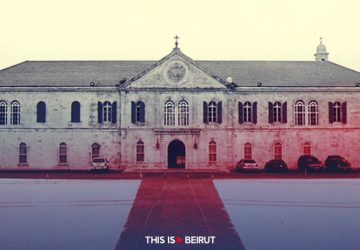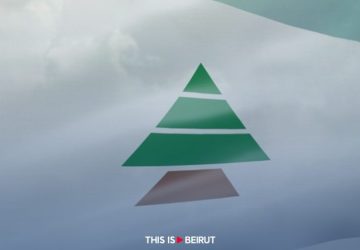Listen to the article
The Bkerke meeting scheduled to take place in less than two hours at 4:00 PM on Thursday is expected to include all Christian forces, except the Marada party, as per initial indications. When contacted by This Is Beirut, representatives of the said parliamentary bloc refused to elaborate on their decision, merely stating, “We aren’t participating, plain and simple.”
It should be mentioned that the party leader, Sleiman Frangieh, seems reluctant to upset Hezbollah—which supports his presidential candidacy—by taking part in meetings that will address, among other topics, the issue of the pro-Iranian faction’s weapons.
The Maronite Patriarchate has launched this initiative to bring together Christian leaders and develop a cohesive political roadmap that bridges division on certain issues. Additionally, Bkerke has presented to the main Christian parties (Lebanese Forces (LF), Kataeb, Free Patriotic Movement (FPM), Marada and Michel Moawad’s Renewal parliamentary bloc) an initial draft addressing the following issues: the presidential election, the economic crisis, the Syrian refugee crisis and, to a certain extent, the challenges posed by Hezbollah, including its role and weapons.
Thursday’s meeting, the second within a week according to a source close to the Kataeb party, aims to “reach a final document encompassing the general principles of a national policy, which, once finalized, will be disclosed.” This clarification, however, remains rather vague, reflecting the participants’ reluctance to provide insight into the ongoing discussions.
In an interview with This Is Beirut, LF communication director Charles Jabbour stated that the discussions are “still in an early stage” and that “concluding this point is premature.” He further elaborated, “Negotiations are ongoing. Each party is providing feedback on Bkerke’s initial document. We’ll have to wait and see what these meetings will lead to.”
The LF stresses the importance of addressing the issue of Hezbollah head-on in the document currently under review. Jabbour emphasizes, “We cannot endorse any roadmap that does not clearly and publicly address Hezbollah’s weapons and its role, both locally and regionally. While Lebanon is grappling with multiple crises, we firmly believe that one overarching problem persists: Hezbollah itself.” He adds, “As long as some Christian parties refuse to acknowledge this reality and that the solution lies in Hezbollah’s disarmament, the Patriarch’s initiative will not yield any tangible outcomes.”
A barely disguised insinuation to the Marada and especially to the FPM, which, despite its strained relationship with Hezbollah, has still been avoiding directly addressing the topic of its illegal arms.
Meanwhile, the Kataeb asserts that “Bkerke’s initial document reflects not only the party’s principles but also those of the country’s sovereign forces.” When questioned about whether the Hezbollah dossier was explicitly discussed, the response was a “yes.”
“It’s a matter of priorities. For the FPM, the focus is on national partnership and maintaining a balance of power among Lebanon’s diverse communities. As for us, the Kataeb, the priority is resolving the issue of Hezbollah’s arms,” as per a party source.
Will the Meetings Yield Results?
The Kataeb party believes that “no one has the authority to derail Bkerke’s project, even though it is not within the Patriarchate’s jurisdiction to enforce any roadmap. It is up to public opinion and all political forces, regardless of denomination, to rally behind it.”
However, it’s worth mentioning that a similar initiative launched a year earlier in 2023 failed, as some Christian leaders objected to Bkerke being blamed for the presidential deadlock due to the lack of agreement among the stakeholders. It was also important to avoid turning a national deadline into a Christian one.





